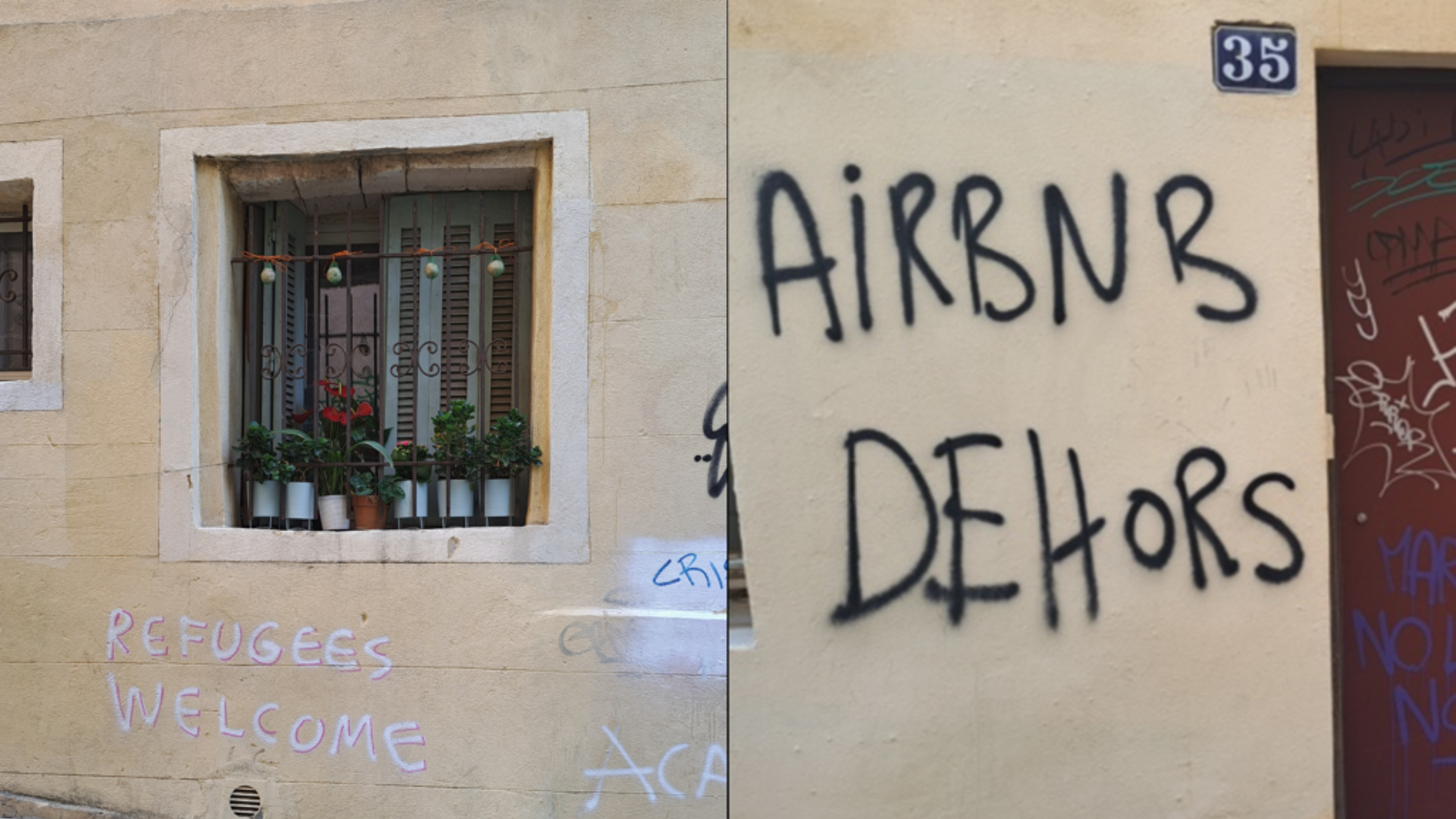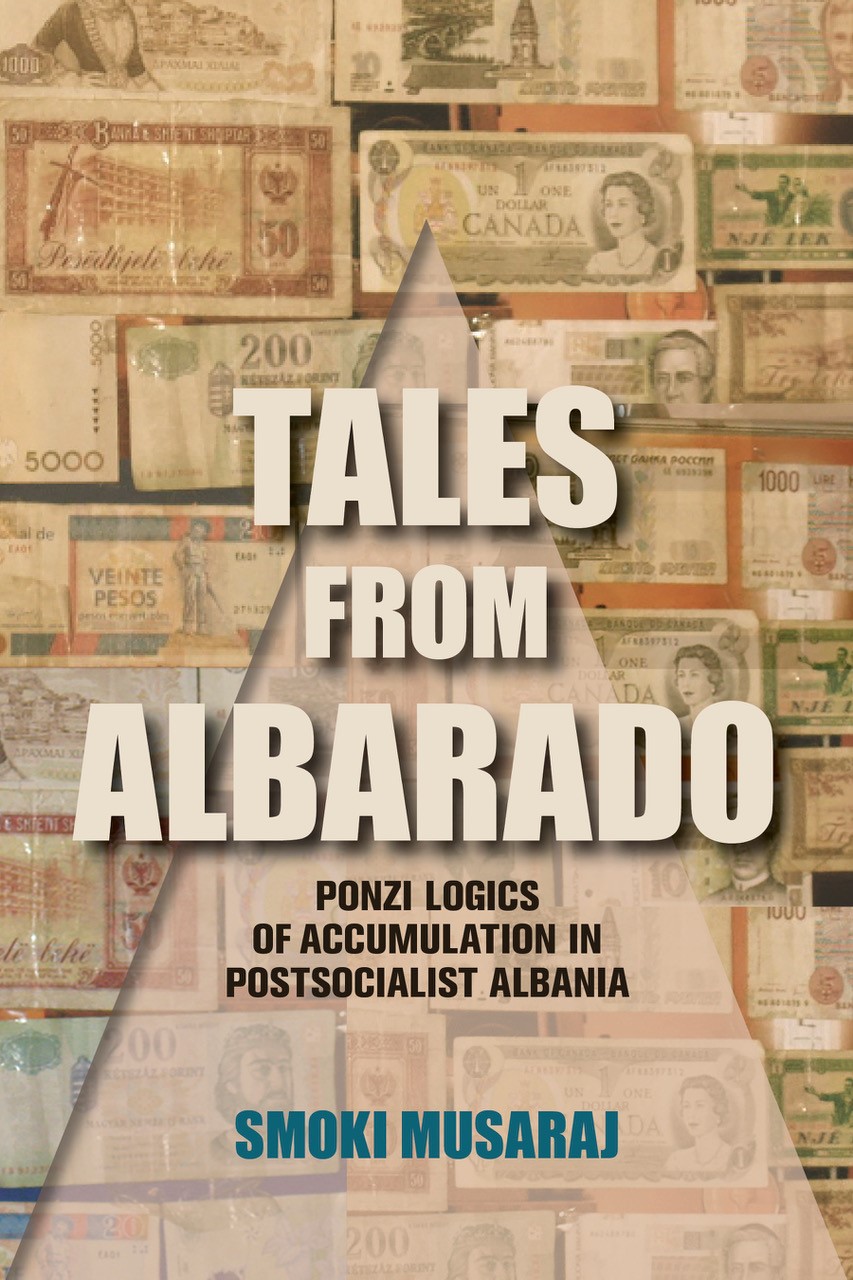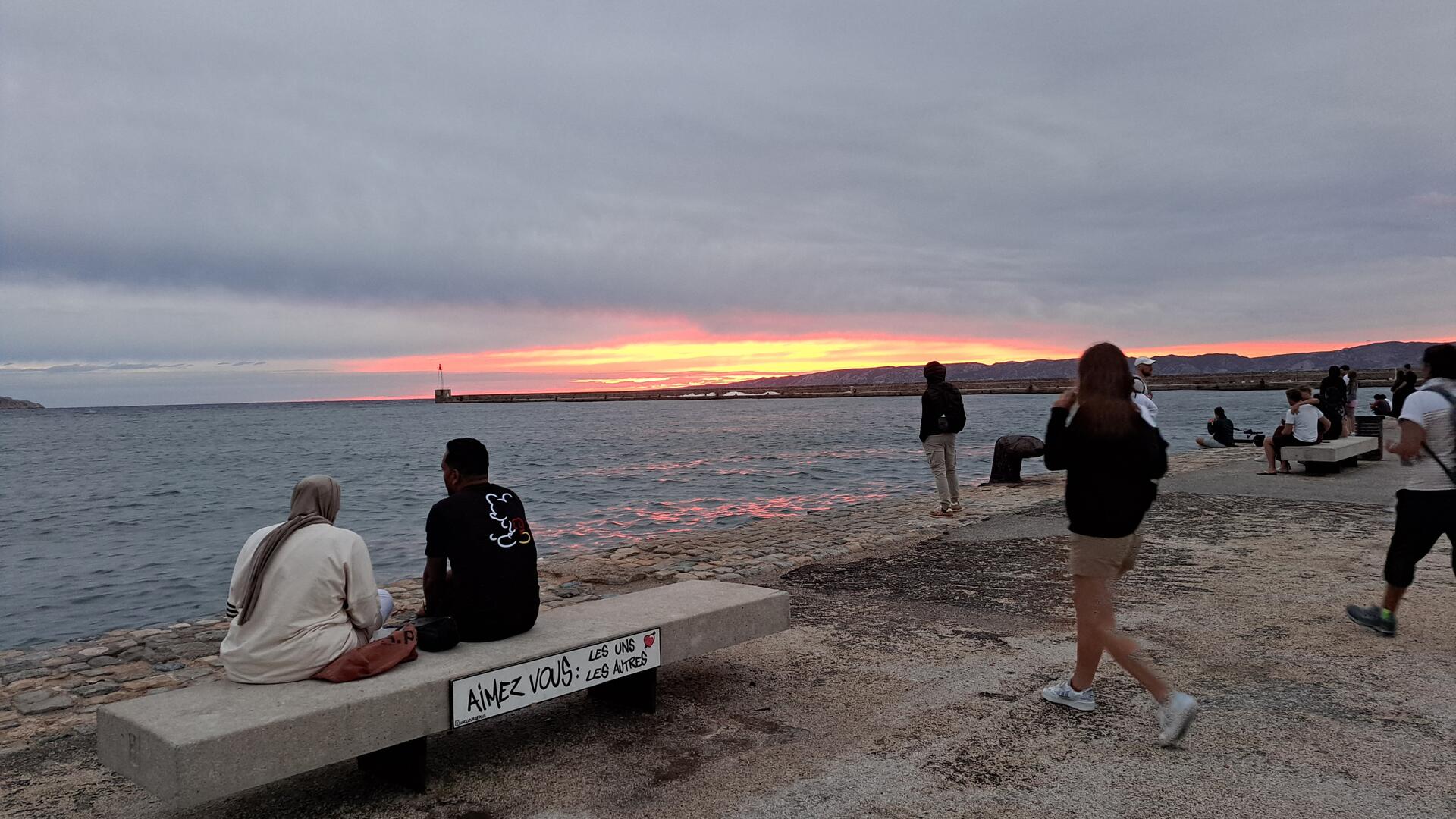Research
Economy, Society, and Culture
Musaraj's research focusses on the interplay between economy, society, and culture. Her projects take an ethnographic approach to various economic practices straddling the lines between different economic spheres, formal and informal, low and high, local and global. Among others, Musaraj has researched social and cultural norms that inform economic practices such as platform economies, ponzi schemes, remittances, barter financial payments, digital and mobile money.
Migration and Mass Tourism in Mediterranean Cities

Over the past decade, a number of Mediterranean cities have experienced a rise in migration and mass tourism. As municipalities look to tourism as a means of economic development, residents are concerned about the effects of tourism on migrant and poor neighborhoods and on the social fabric of the city. Through ethnographic and media research in cities like Marseille and Barcelona, this project considers how municipalities handle these different population flows and economies and how residents react to and resist these transformations.
Housing, Speculation, and Financialization

The construction industry has been booming in Albania, thanks, in part, to the informal financial practice of klering -- a form of barter in housing to "pay" subcontractors or affiliates. Musaraj researched the practice of klering by interviewing subcontractors, developers, and other actors in the construction industry and followed media reports.
Ponzi Schemes and Postsocialist Neoliberalism

In early 1990s Albania, about a dozen firms, locally referred to as pyramid firms (firma piramidale), emerged at a time of deep economic, social and political transformation following the dissolution of the command economy and the rapid embrace of postsocialist free-market reform. When they collapsed in 1997, the country fell into anarchy and a near civil war. In the book Tales from Albarado, Musaraj revisits these times of excitement and loss in order to gain a better understanding of how people from all walks of life came to invest in these financial schemes and how these schemes became intertwined with everyday transactions, dreams, and aspirations.

